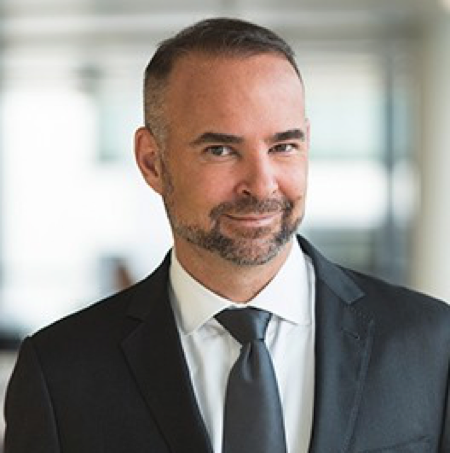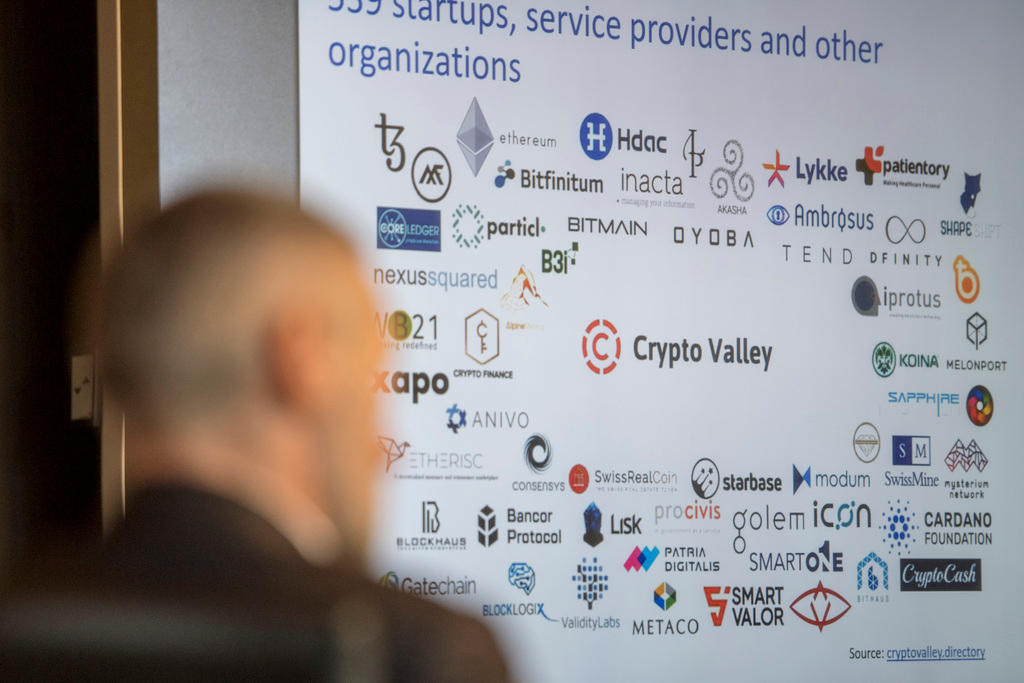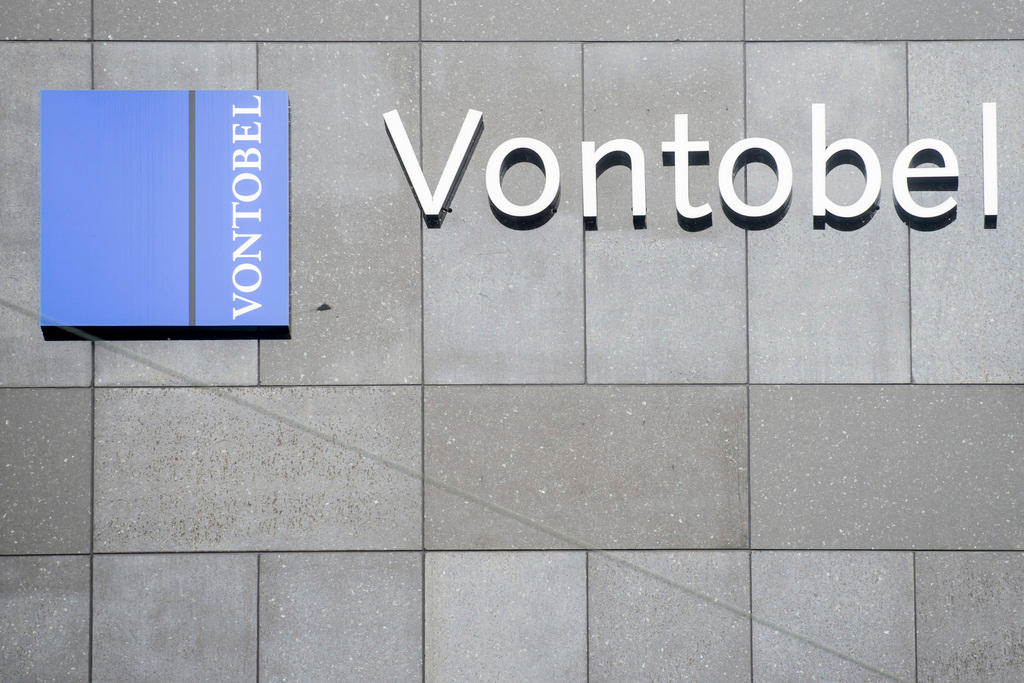Crypto bickering has set Switzerland back, says CVA president

The new president of the Crypto Valley Association (CVA) tells swissinfo.ch that months of in-fighting has damaged Switzerland’s status as a global blockchain hub.
Daniel Haudenschild was voted into office on Thursday along with a new board. The election followed a period of unrest that saw claims of profiteering and sharp practices.
Four board members from the previous regime, including ex-president Oliver Bussmann, declined to stand for re-election. Haudenschild’s priority is to heal divisions to prevent Switzerland losing any more ground to other countries that want to attract the world’s best blockchain projects.

The size of his task was made apparent by two standing CVAExternal link board members resigning last week. One of them objected to the new board being dominated by lawyers and consultants rather than grassroots blockchain entrepreneurs.
swissinfo.ch: The Swiss blockchain community has been in a state of civil war. What are your priorities for bringing CVA forward?
Daniel Haudenschild: We haven’t done ourselves any favours by not putting Switzerland forward as a fertile ground for crypto in the world. We’ve stopped lobbying Bern [the Swiss parliament].
We’ve stopped bringing venture capital and entrepreneurs and skills and talent into the Valley. We need to keep Switzerland right at the vanguard of being the best place to do business. If we don’t do that, capital and talent have legs, and we already see it seeping out. I couldn’t get five venture capitalists around a table in Crypto Valley right now. They have moved on to London, Amsterdam and Berlin. We have to get them back here.
swissinfo.ch: How much ground has Switzerland lost to other countries?
D.H.: Investors are already viewing Malta and Jersey as better places to found blockchain businesses. Countries like Liechtenstein and Australia are moving ahead with regulation.
If a power company wants to create a decentralised electricity token for peer-to-peer funding, that is dependent on the laws of countries. A company in Australia can jump into it with $10 million of equity. But it’s not an interesting investment in Switzerland because our regulatory structure does not allow them to put a value on their investment.
We need to get bricks-and-mortar companies coming off the bench to invest in this space. We need a change in our laws and that requires more interaction with lawmakers and regulators. We need to make Switzerland open and easy for companies to invest in blockchain projects.
swissinfo.ch: What’s the situation for blockchain start-ups?
D.H.: The “crypto winter”, which has seen the price of bitcoin fall [from almost $20,000 in December 2017 to around $3,400 now], has dried up capital. There is a capital gap of billions of francs.
To find capital between CHF500,000 and CHF2.5 million is all but impossible for start-ups in Switzerland right now. Great ideas are being shelved because they can’t find that funding. We need to bridge that by bringing back investors.
If we can get this capital back, it will make a lot of the in-fighting go away. People are currently having to defend their positions, so they can weather the capital drought.
swissinfo.ch: Talking of in-fighting, how will CVA improve its image?
D.H.: I’m not looking for a revenue stream in my position as president of CVA. There will be a zero-tolerance approach to people who try to enrich themselves on the back of the CVA brand.
Proxy voting [to elect CVA board members] is not the proper way to go forward. Anyone with a few thousand francs could buy enough votes to take over the board. That’s not in the best interests of CVA or Switzerland.
Votes were being bought [at the AGM last week] but the voice of the people said more. [Haudenschild says he did not buy votes, but the practice is currently not prohibited by the CVA’s statutes].
swissinfo.ch: Two board members resigned, saying there are too many lawyers and consultants on the board. What do you say to that?
D.H.: Everybody is entitled to their opinion. It’s difficult to have only corporate people or only consultants or only lawyers on the board because you do need people with the experience of having actually founded a blockchain start-up in Switzerland.
Right now, we’re trying to create a more solid foundation that’s harder to abuse. The board is suitably diversified to do that. We don’t need deep thinking right now, it’s more housekeeping stuff. But we need to think about what to do about those two board positions that have become vacant. We have two wild-card options.
swissinfo.ch: How does blockchain strike the right balance between making profits and bringing about beneficial change for society?
D.H.: There is nothing wrong with making money. The success of blockchain is dependent on adoption. The best way to get people to adopt it is if it makes commercial sense.
People should be given every opportunity to bring ideas to fruition in Switzerland that make commercial sense. If it’s done correctly, even the most philanthropic projects can have a business model.

More
Switzerland sets legal foundations for blockchain industry

In compliance with the JTI standards
More: SWI swissinfo.ch certified by the Journalism Trust Initiative





You can find an overview of ongoing debates with our journalists here. Please join us!
If you want to start a conversation about a topic raised in this article or want to report factual errors, email us at english@swissinfo.ch.